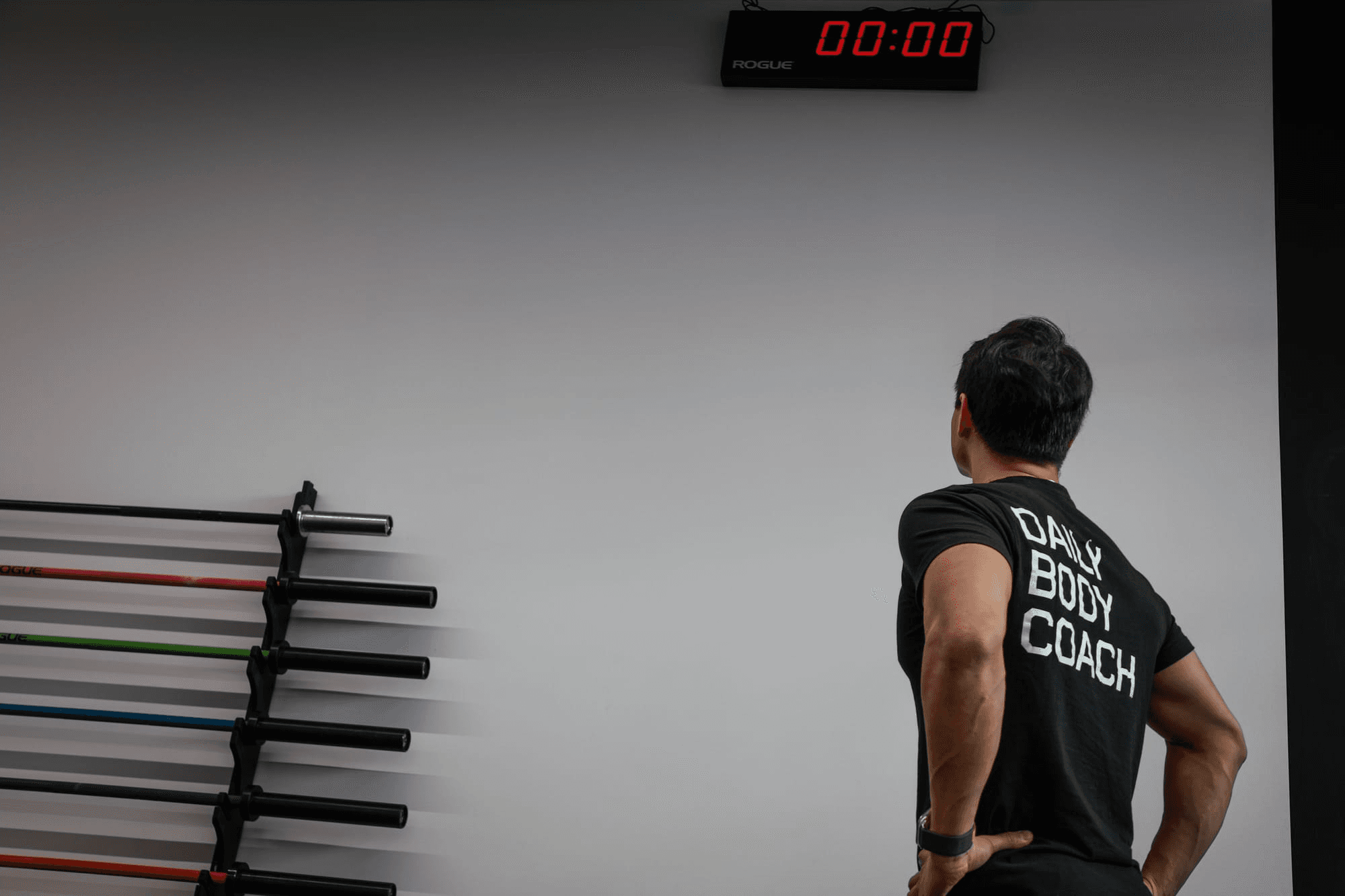5
min read
You hit the gym, follow a routine, and aim to eat right—but something still feels off. Progress is slower than you'd hoped, or your energy isn't where it should be.
For entrepreneurs, the grind of daily responsibilities often hides subtle yet powerful obstacles to fitness success. These factors may not be obvious, but addressing them can unlock your full potential.
Here are seven often-overlooked issues—and simple strategies to overcome them without disrupting your busy schedule.
1. Meal Timing
When it comes to fitness, meal timing can be key to success. Proper timing fuels your body and helps you recover faster.
Before a Workout
You’ve probably heard the term “pre-workout.” It normally refers to the meal you have around 30 minutes before your training session, but in reality, what you eat in the 24 hours prior to your workout is far more important than that one single meal right before.
While the benefits of this meal are mainly psychological, it doesn't hurt to include a meal 1–2 hours before exercise. This may help boost your energy and performance.
Focus mainly on:
Including carbohydrates: These provide quick energy (e.g., oatmeal, your favorite fruit, or whole-grain toast).
Avoiding heavy or greasy meals, as they may make you feel uncomfortable during your workout, since they slow down digestion.
After a Workout
After exercise, your muscles are receptive to absorbing nutrients for repair and growth. Aim to eat within 90 minutes post-workout (that's right, you don't need to chug a protein shake on your way out of the gym).
Prefer having a complete meal with:
Protein: Helps rebuild and repair muscles (e.g., a protein shake or lean meat).
Carbohydrates: Replenishes energy stores (e.g., sweet potatoes, rice, or fruit).
What happens if I miss the timings?
Skipping meals or eating at the wrong times can lead to fatigue, reduced performance, and slower recovery. By planning your meals around your workouts, you’ll maximize energy, reduce soreness, and achieve better results overall.
Pro Tip: If your goal is to reduce fat mass, concentrating your energy intake around active times is smarter than at times of rest!
2. Sleep
Sleep is when your body truly repairs and recharges. A poor night’s sleep can make workouts feel more demanding—energy drops, muscle recovery slows, and the risk of injury increases.If you’re not getting 7-9 hours of sleep each night, this could be one of the biggest factors holding you back—it's a great place to start!
Looking for help from a certified professional is the best way to see improvements without wasting time on trial and error and putting your health at risk, but there are a few things you can try in the meantime:
Adopt a consistent bedtime routine—This may seem impossible when running a business, but you can’t be fully present for your team or company if you’re not well-rested. Think of it as a long-term investment.
Keep your room cool and dark—This will help you fall and stay asleep.
Avoid screens before sleep—This is where we all slip. Phones are our alarms, our news, our way to stay accessible, but they keep us awake. Try to zone off 30 minutes to 1 hour before bed and see how it affects your ability to fall asleep.
3. Stress
Stress can be more than just a mental challenge—it can slow your fitness progress. When you're stressed, your body releases cortisol, which breaks down muscle tissue, disrupts recovery, and makes it harder to burn fat. It can also lower your focus and motivation, making it tough to stay consistent with your workouts.
Pro tip: one great way to fight stress is taking short walk breaks—this will ease your mind, improve your mood and even help you actively recovering from previous workouts.
4. Dehydration
Your performance can suffer more from dehydration than you might realize—and it’s easy to overlook. When you're dehydrated, your body struggles to deliver oxygen and nutrients to your muscles, leaving you unable to get the most out of your workouts. Your endurance drops, muscles become weaker, and recovery takes longer, all of which slow your progress.
If you’ve noticed feeling unusually tired, lightheaded, or experiencing a dry mouth during a workout, these could be signs that you're not drinking enough water. Even headaches or dry skin can signal that your hydration needs aren't being met.
To keep your body at its best, make sure you're drinking water consistently throughout the day, especially before, during, and after exercise. If you're sweating a lot, consider adding electrolytes to stay balanced and speed up recovery.
5. Sitting All Day At Your Desk
As entrepreneurs, sitting at our desks all day is almost unavoidable. It comes with the job, but it can weaken your muscles, tighten your joints, and make it harder to perform well in the gym. Hip flexors and glutes are especially vulnerable, becoming stiff over time and leading to poor posture and a higher risk of injury during exercises like squats or lunges.
To counter this, take short breaks every hour to stretch or walk. Focus on mobility exercises and stretches for your hips and back to reverse the effects of prolonged sitting.
6. Focus
You’re busy, and distractions are inevitable, but your mindset determines whether you perform or not. Thoughts like “I don’t have enough time” or “I’m not a gym person” will get in your way if you let them. You’ve built a successful business by being disciplined and focused—apply that same mentality to your workouts. Set clear goals for each session and visualize the results you want. Stay present, ditch the excuses, and see your workouts as an inevitable part of your routine—like having a meal or taking your kids to school. When your mind is in the right place, your body will follow, and you’ll push through, every time.
Final Thoughts
Your fitness isn’t just about working out—it’s about the small things that matter. Eating at the right times, getting quality sleep, staying hydrated, moving throughout the day, and managing stress all impact your performance.
Small adjustments in these areas can lead to big results. Make them a priority, and you'll unlock your full potential. Simple as that.
Ready to take action? Book a call with your coach.












